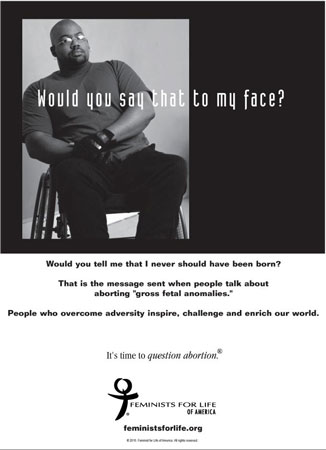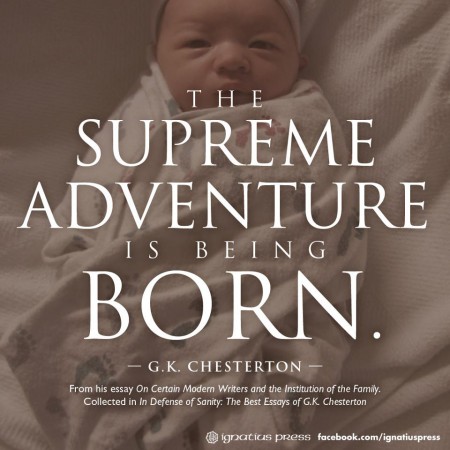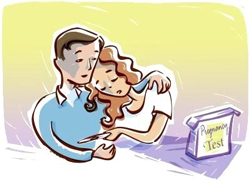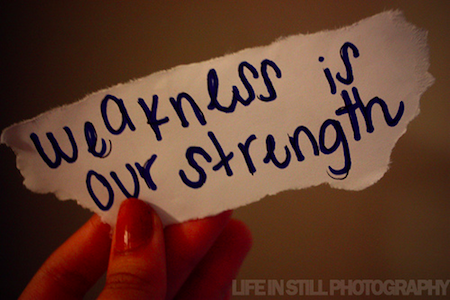My latest for Catholic Lane is (finally) up. In it I expand on some thoughts I’ve shared here before on the message that eugenic abortions send to those living with disabilities. I begin:
In recent decades, America has made many wonderful advances in protecting the rights of people with disabilities and including them in society. Gone are the days of forced sterilization and institutionalization. Now we have laws making disability discrimination illegal and most public places handicap accessible. Children with special needs are able to get an education in most public school districts and, when one isn’t available or doesn’t meet a child’s specific needs, some states, like Oklahoma, even offer scholarships for those children to attend a private school that will. On top of all that, advancements in medicine and technology are also helping us live longer, more independent lives.
All that progress, however, is currently being undermined by the now standard practice of killing unborn children diagnosed with various diseases and disabilities. This brilliant poster from Feminists for Life of America (below) echoes something I’ve said many times about these “eugenic” abortions.

Recently, RH Reality Check’s Vyckie Garrison wrote an article in which she called eugenic abortions “moral” and “compassionate” and then also claimed that she fully supports the “hugely important” disability rights movement. Sorry, Vyckie, you can’t have it both ways. As I explain:
Whether you mean to say it or not, advocating for abortion for unborn children with various diseases and disabilities in an effort to “spare them a life of suffering” (among other things) suggests that one must be perfect in mind and body in order to have a fulfilling life, which sends a message to those of us poor fools living with disabilities outside the womb that you do not think that our lives are worth living.
It strikes me that the people like Vycki who have given themselves the privilege of deciding which disabilities are unbearable or “incompatible with life” have little to no first-hand experience with disability themselves. Read the rest – as I go on to explain how those who would kill disabled unborn children to “spare them a miserable life” are actually projecting onto those children their own fear of hardship and suffering.



 In case you missed it the first time around, I’ve re-published my article
In case you missed it the first time around, I’ve re-published my article 


